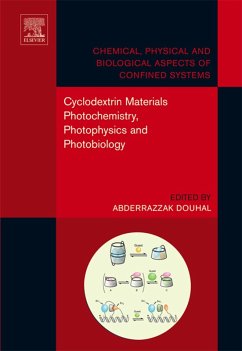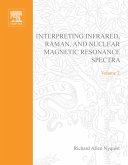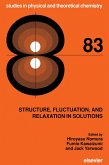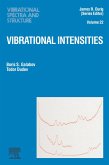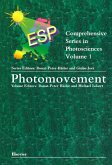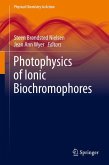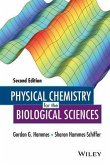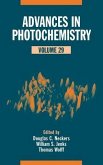The chapters contain a large number of information of value not only to readers working in the field of cyclodextrins, but also to researchers working on related areas like those of supramolecular chemistry, nanochemistry, and in general in nano- and biotechnology.
* 14 Chapters reviewed by specialists working in the field
* Chapters are ordered from simple to more complex systems and techniques providing developments in the field and its future
* Of interest to a multidisciplinary audience working in confined nanostructures
Dieser Download kann aus rechtlichen Gründen nur mit Rechnungsadresse in A, B, BG, CY, CZ, D, DK, EW, E, FIN, F, GR, HR, H, IRL, I, LT, L, LR, M, NL, PL, P, R, S, SLO, SK ausgeliefert werden.

